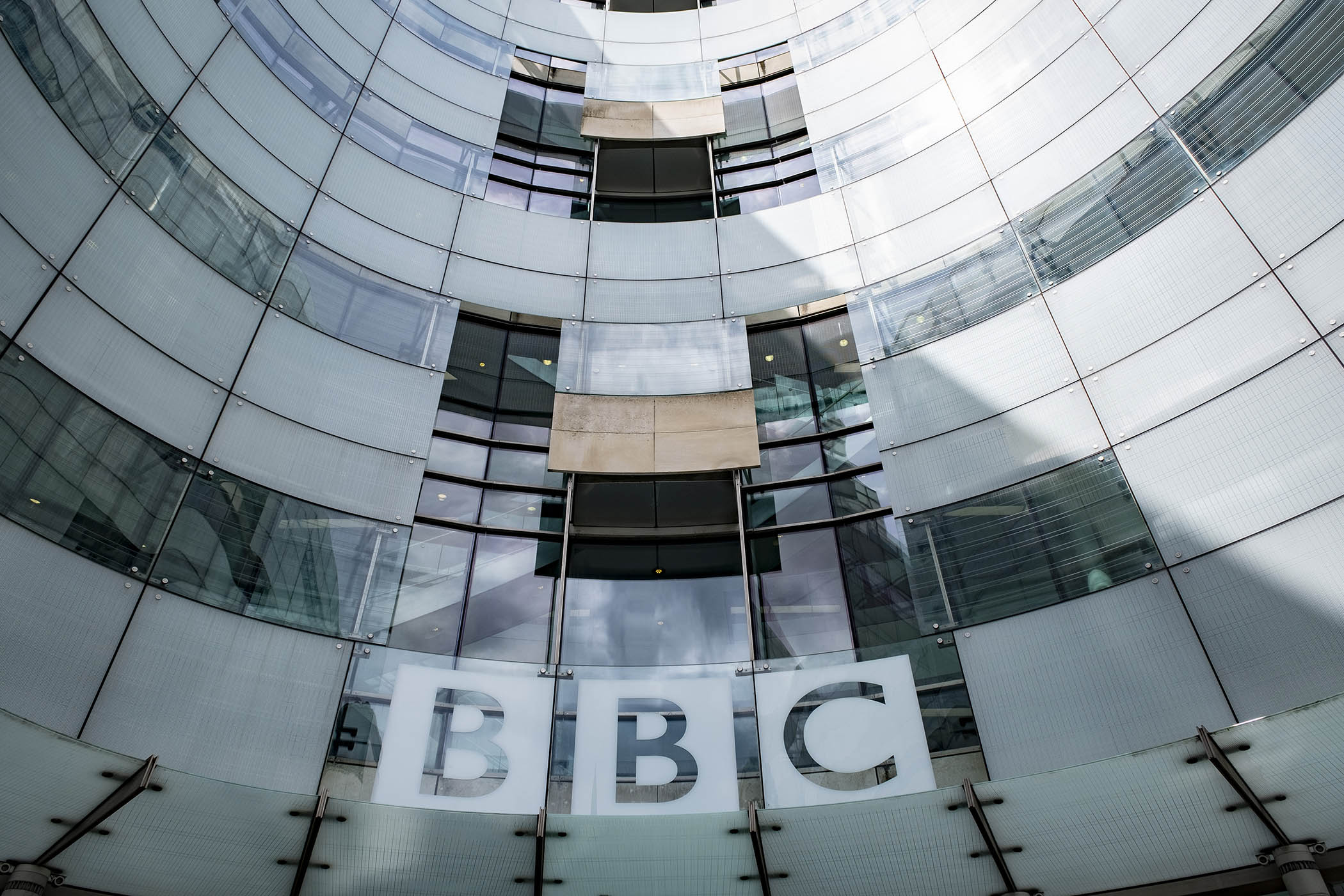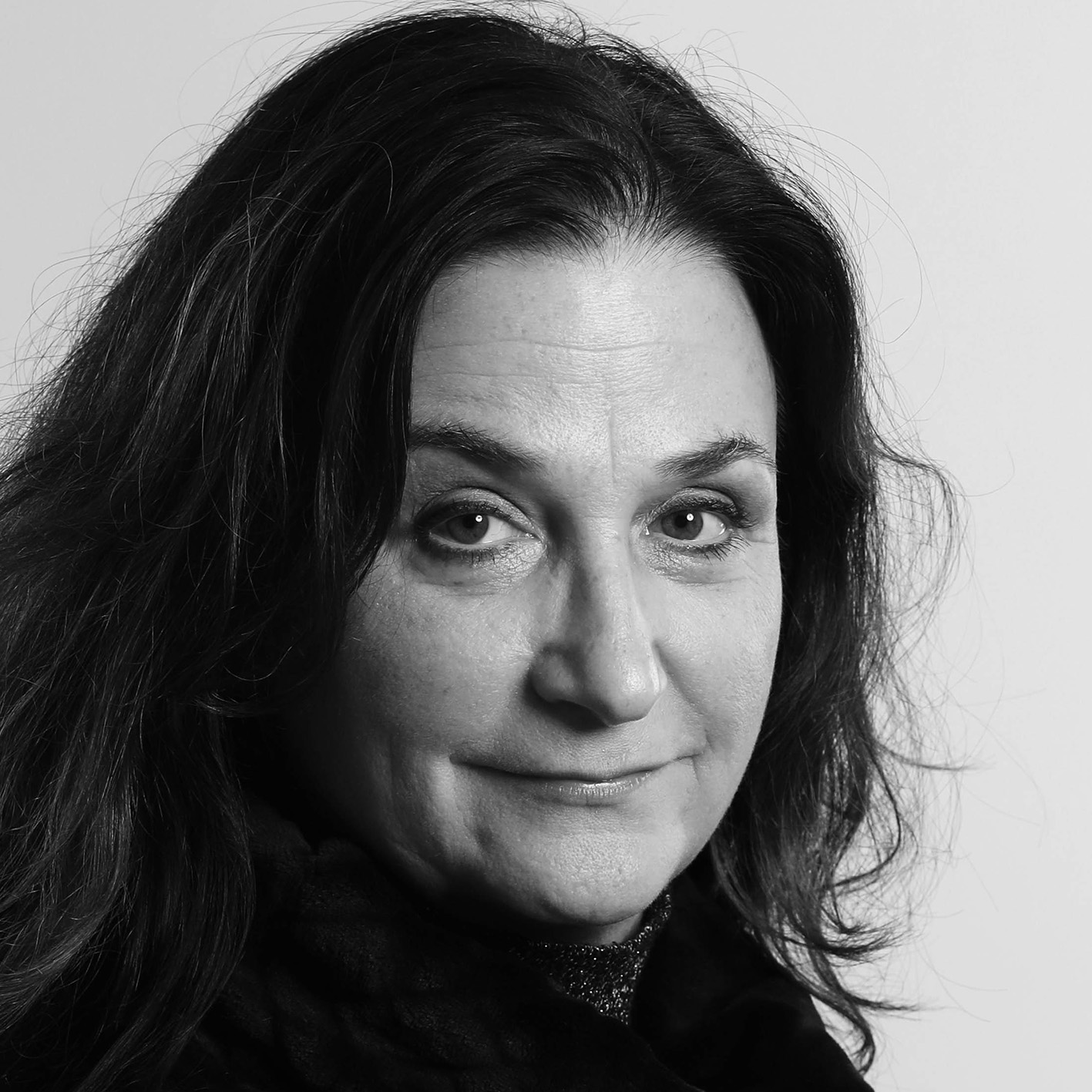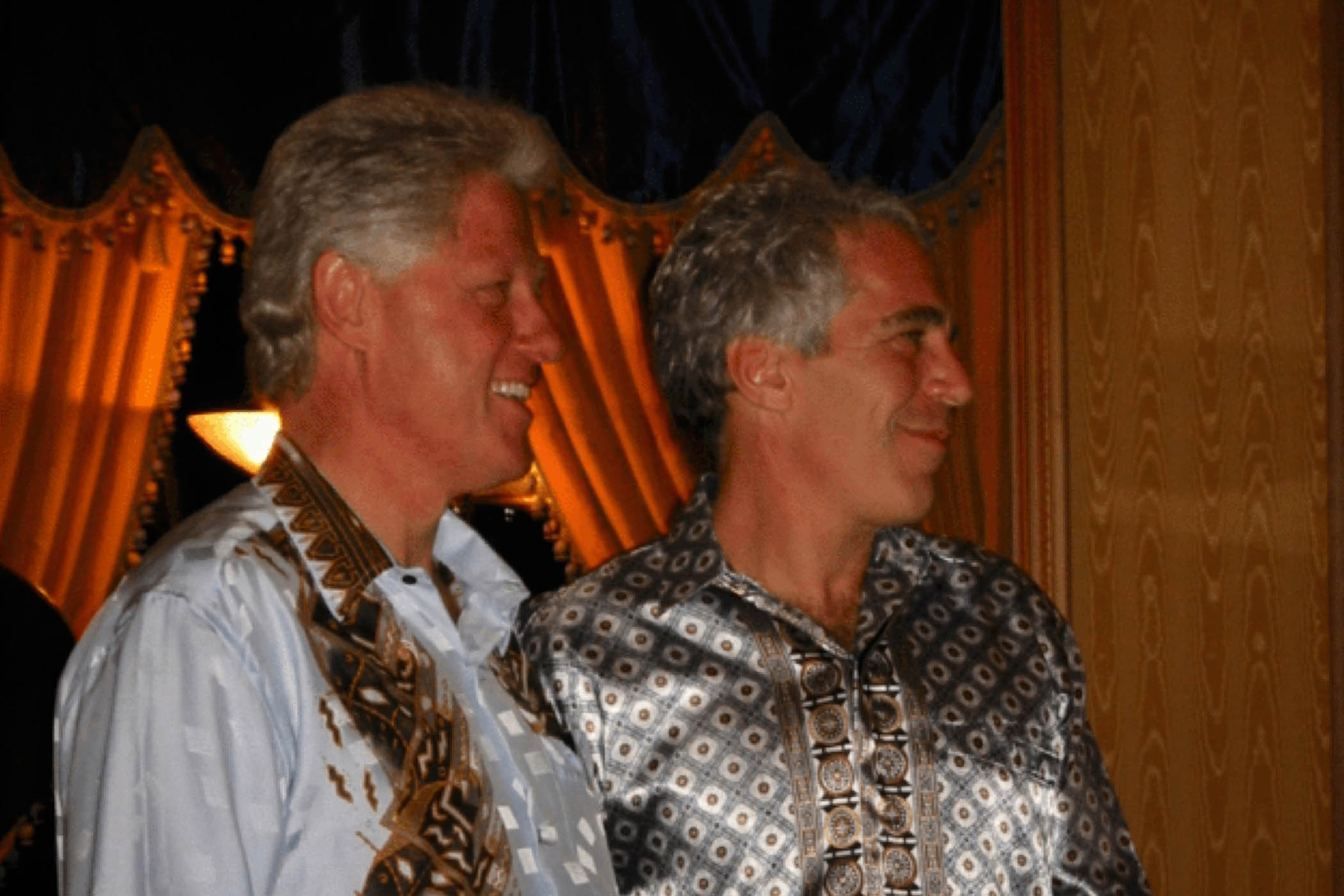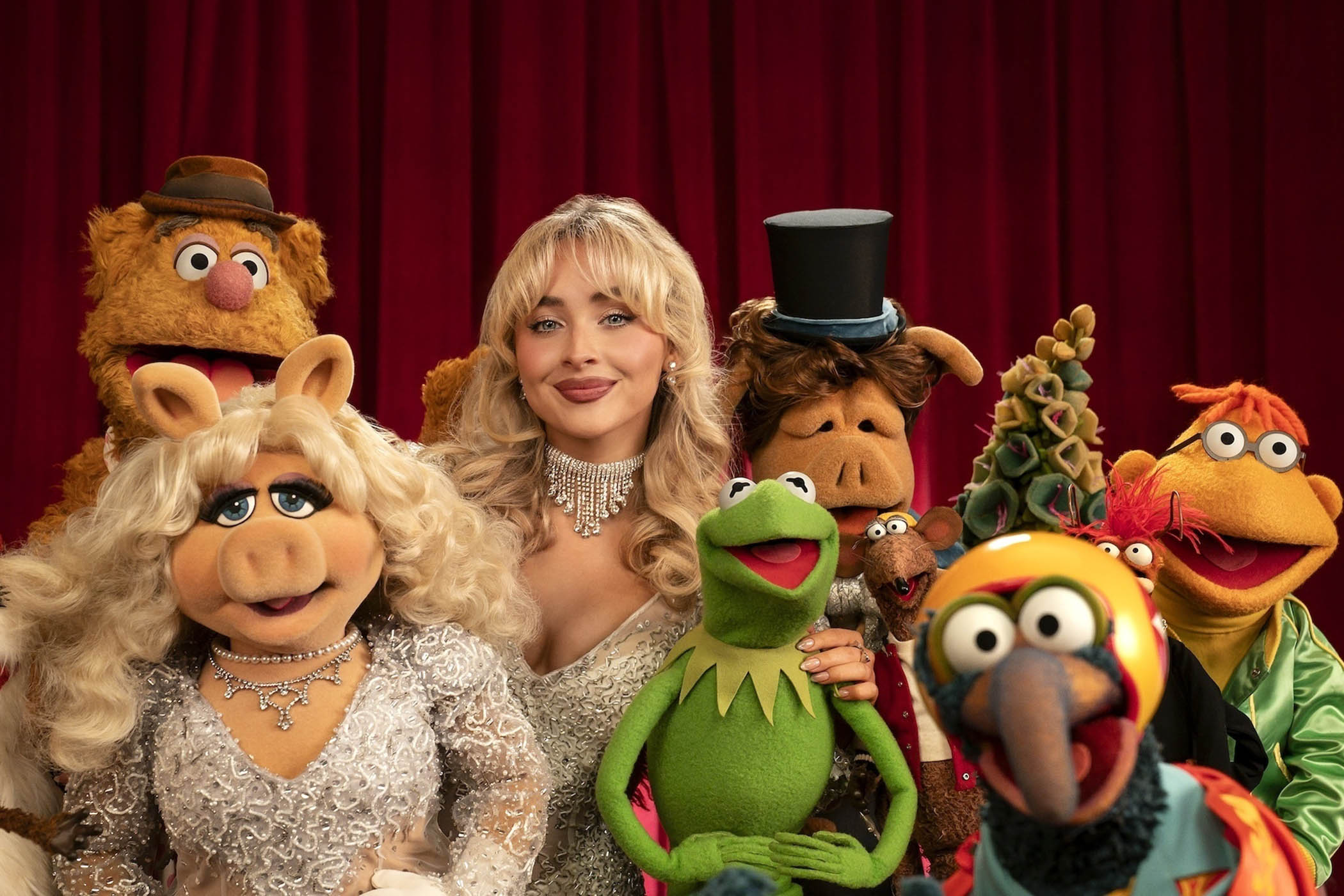The BBC has lost its grip on editorial guidelines, and its internal complaints procedure is too long and “muddled”, according to senior journalists inside and outside the broadcaster.
These failings have exposed it to attacks from pressure groups and broader political enemies, it is claimed, as the BBC continues to face down allegations that it has not maintained impartiality in coverage of Trump, Gaza and gender issues.
On Saturday it was reported that the BBC will apologise for the misleading editing of a Donald Trump speech in a Panorama documentary.
Samir Shah, the BBC's chairman, will write to the culture, media and sport committee on Monday to express regret for the way the speech, made on the day of the 6 January 2021 Capitol riot, was spliced together.
The allegations of bias in BBC news and current affairs coverage have resurfaced after the leaking of an internal document to the Daily Telegraph. It revealed that a consultant, the former political journalist Michael Prescott, had voiced concerns about the way a Panorama programme had distorted a speech by Donald Trump. He also expressed worries about the general balance of coverage of the war in Gaza on BBC Arabic and questioned the handling of the controversy over gender definition. Prescott’s confidential memo alleged these were “systemic problems”, which had not been addressed.
Adam Boulton, the Times Radio presenter and former Sky News political editor, said the edits made to Trump’s speech were “fairly defensible” in the context of a broader documentary. “The fact that the BBC did not comment quickly has allowed the whole thing to fester, so it has been turned into a Trumpian culture war, with gender and Gaza drawn in too.”
The Panorama programme aired a week before last year’s US presidential election. It showed Trump urging his supporters to “fight like hell” in his January 2021 speech. However, it left out the section where Trump also told the crowd “to peacefully and patriotically make your voices heard”. Last week the White House press secretary, Karoline Leavitt, accused the BBC of bias against Trump.
Last week, the BBC’s executive complaints unit also found against news anchor Martine Croxall, who was accused this summer of indicating her disapproval when she baulked at reading out the words “pregnant people” from her autocue during a live report.
Croxall had argued she was just correcting the language of a script which did not accurately reflect the channel’s earlier coverage of the same story.
But the ECU upheld the complaints of 20 viewers, stating that she had given a “strong impression of expressing a personal view on a controversial matter”. An online clip showing Croxall’s exasperated facial expression went viral after it was praised on social media by author JK Rowling.
Newsletters
Choose the newsletters you want to receive
View more
For information about how The Observer protects your data, read our Privacy Policy
There is no internal appeal procedure for Croxall, 56, from Leicestershire, the BBC confirmed this weekend, but she is continuing to present news coverage as usual.
The Croxall ruling comes amid the growing political fallout from the leaked Prescott dossier about BBC bias.
Prescott is a former independent adviser to the BBC’s Editorial Guidelines and Standards Committee, whose members include director general Tim Davie and BBC chair Samir Shah. Prescott had pointed out to the committee that an earlier review into impartiality by David Grossman, another BBC adviser, had amounted to proof of an anti-Israel bias in coverage on BBC Arabic and on the BBC website, but had not been acted upon.
Grossman's review said he had examined BBC Arabic’s treatment of Gaza stories in comparison to the BBC English-language website for five-months and found that the website carried 19 separate stories about the Israeli hostages, whereas BBC Arabic did not carry any. Prescott said this should have resulted in “urgent action” but Jonathan Munro, the BBC News’ global director, had instead responded to Grossman’s review by defending BBC Arabic’s “exceptional journalism”.
On Friday a cross-party group of MPs urged the BBC to answer “serious questions” about its policing of internal bias. The House of Commons Culture, Media and Sport Committee has written to the BBC chairman seeking clarification on the response to the concerns raised in Prescott’s dossier. Committee chair Caroline Dinenage said MPs “need to be reassured that those at the very top of the BBC are treating these issues with the seriousness they deserve”.
The BBC had put some impartiality measures in place before Grossman’s analysis was presented. It had hired George Achi from Canada’s CBC News to “champion” editorial quality and standards across global output.
A BBC spokesperson said: “While we don’t comment on leaked documents, when the BBC receives feedback it takes it seriously and considers it carefully. With regard to BBC News Arabic, where mistakes have been made or errors have occurred, we have acknowledged them at the time and taken action.”
Photograph by Mike Kemp/In Pictures via Getty Image



